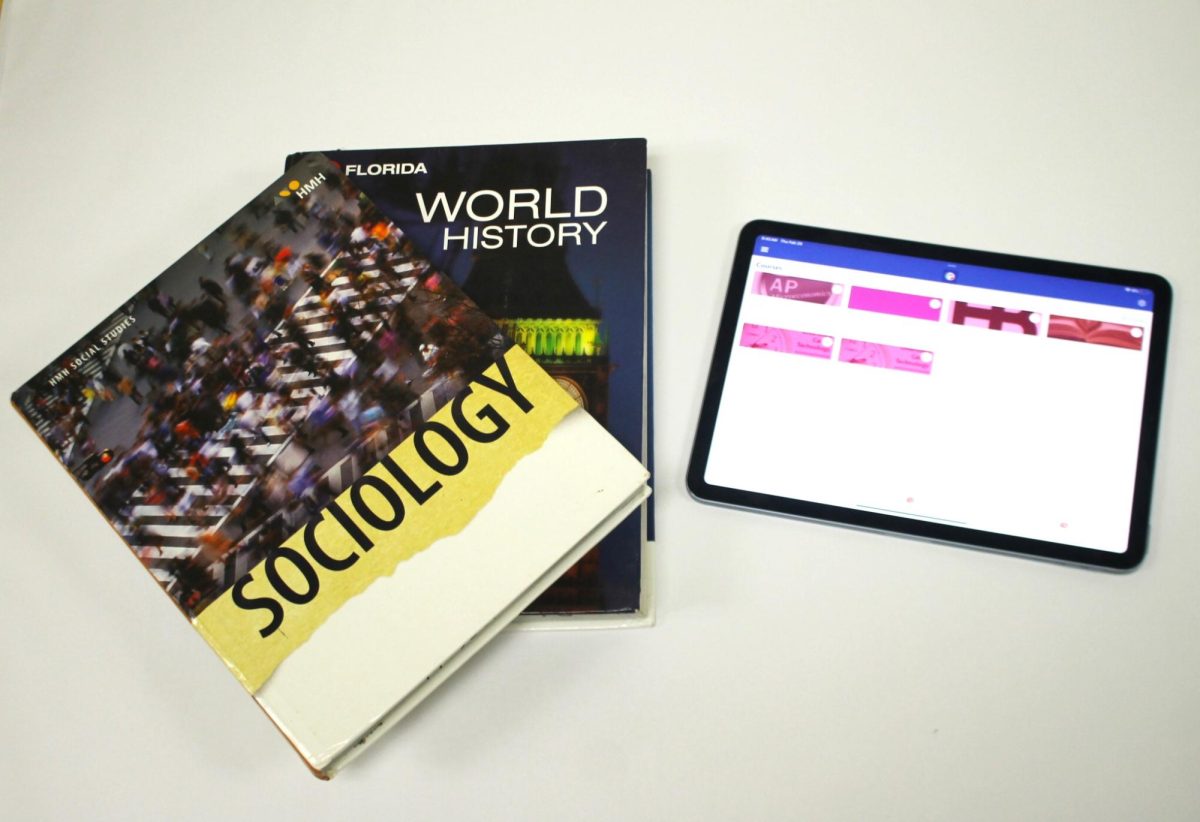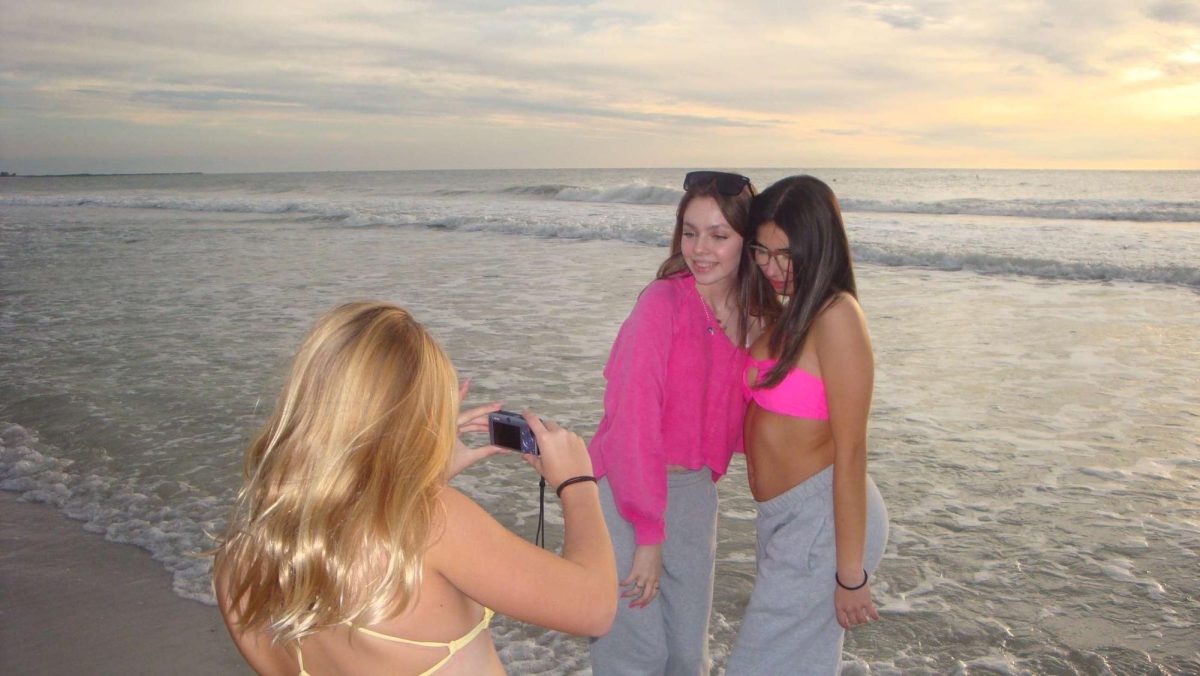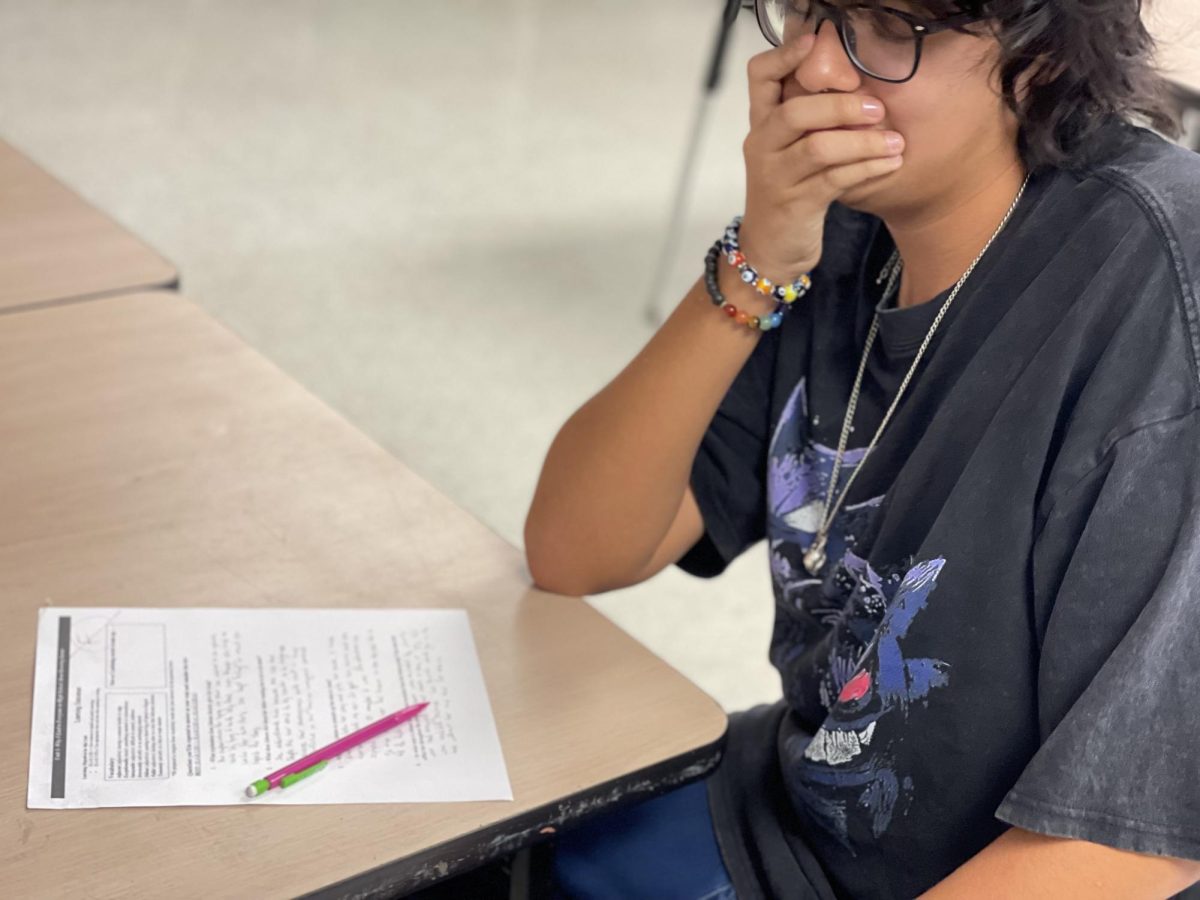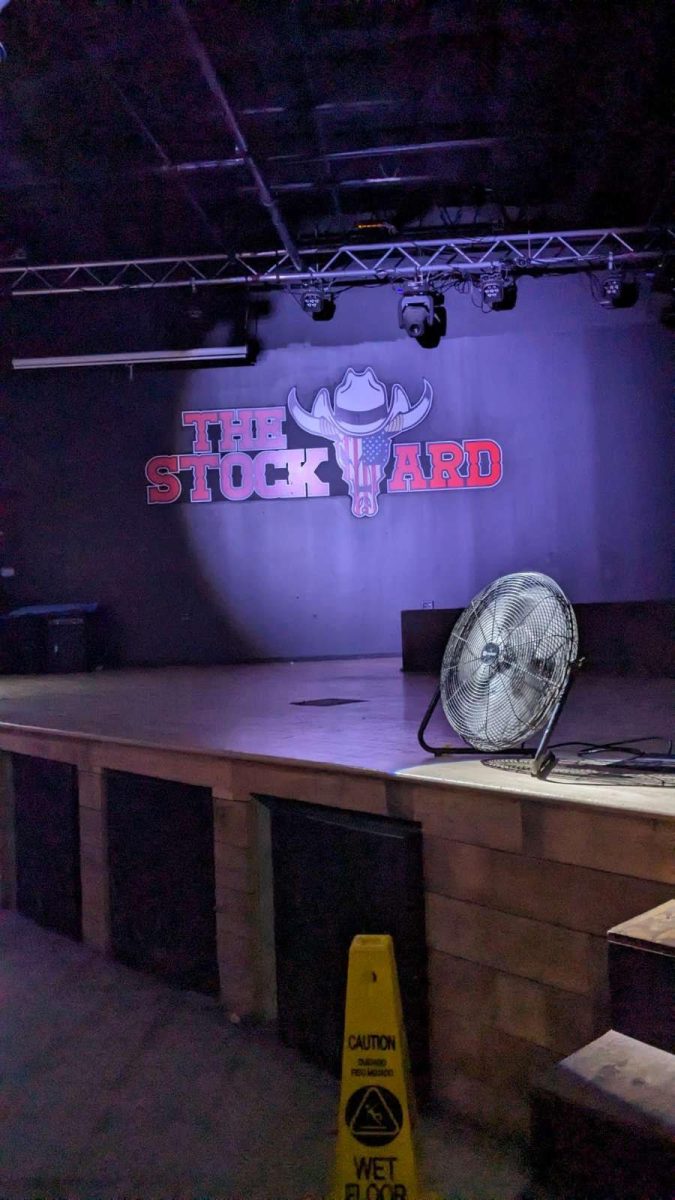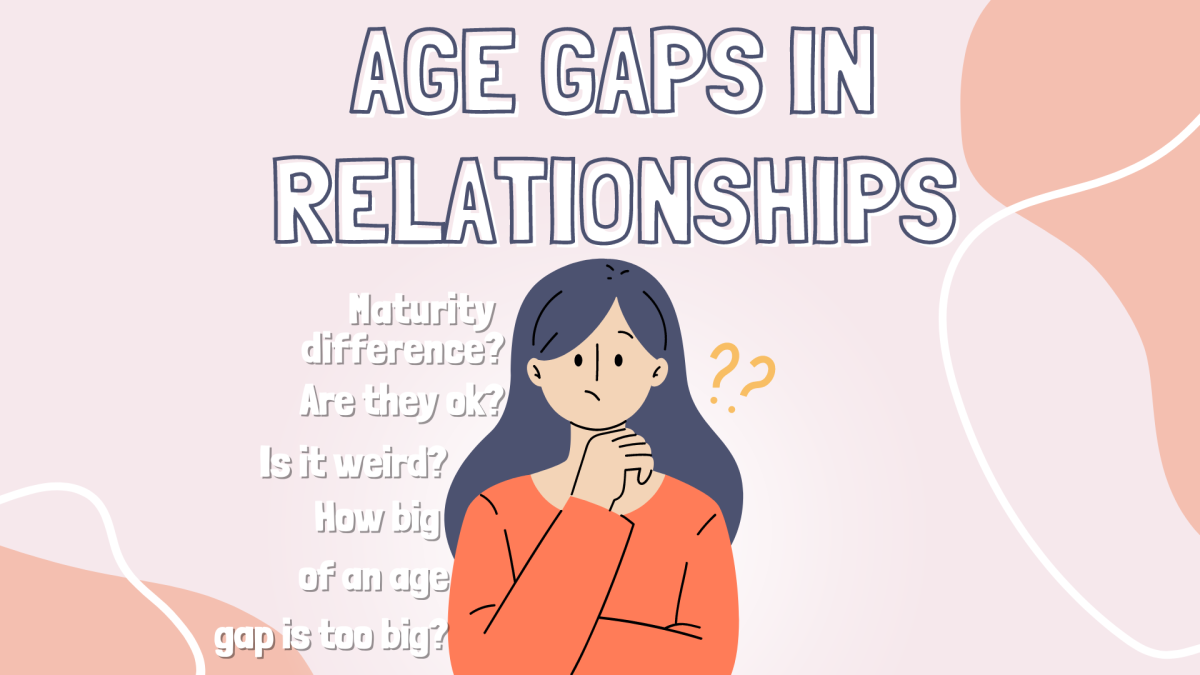Q: Where do you go to school? Why did you choose that school?
A: Sophie Sajecki (‘18): I chose UCF because of how large it is, how it’s close to home but not too close, and because of the opportunities in the Orlando area for internships and jobs for my major!
A: Lindsey Hoskins (‘19): University of Florida. UF has one of the best Journalism and Communications colleges in the country. I love the beautiful campus and the constant motivation to strive for academic excellence.
A: Mileen Meyer (‘18): I now attend Emory University. I chose Emory because it is a very prestigious school and they gave me an amazing amount of financial aid which made it affordable enough for me to get an education there.
A: Nick Piccione (18): University of Florida. I have always wanted to attend UF, and it’s the best school in the state to go to, especially being pre-health. The cost was definitely an added bonus to attending UF, but this was the only school I ever seriously considered going to.
A: Chandler Dempsey (‘17): Florida State University
A: Meghan Bertig (‘17): Florida State University. FSU had everything I was looking for in a college-everything from academics to sports teams, campus life and ways to have fun! The campus is beautiful and the resources available for student success are unbeatable.
Q: How important was cost when deciding where to go to school?
A: Sophie Sajecki: The cost of UCF was not a huge factor in my decision to come here, but I knew that I wanted to stay in-state since I could utilize in-state tuition and my Florida Prepaid money that my parents had been saving since I was a baby.
A: Lindsey Hoskins: Cost wasn’t that much of a deciding factor because I did receive scholarships to the other colleges I applied to, but not UF. The University of Florida was always my dream school and I wanted to go there no matter what if I was accepted.
A: Mileen Meyer: Cost was a big factor when I was deciding where to go to school. Since Emory is out of state and a private institution, I know it would be very expensive. I was awarded the Bright Futures scholarship for a Florida university, but that only covers tuition, so I would have still paid room and board. At that point, it was all about how much Emory could offer in financial aid, otherwise I would have to stay in state.
A: Chandler Dempsey: Moderately important
A: Meghan Bertig: Cost was a huge deciding factor. By attending college in Florida at one of the top 20 public universities in the nation, I was able to attend college tuition-free. That return on investment is hard to resist.
Q: (For bright futures students) What did you do to earn your scholarship?
A: Sophie Sajecki: All throughout high school, I volunteered a lot in my free time. My mom worked at an elementary school so I went there a lot to collect hours, and I was involved in a lot of clubs on campus that required service hours and gave service hour opportunities. Towards my Junior year was when I volunteered the most, and this worked towards my advantage when it came to bright futures. In addition to service hours, test scores are required. If I would’ve done one thing differently, I definitely would have taken the SAT one more time to get the top bracket of bright futures. I was only 20 points away!
A: Lindsey Hoskins: It depends on each individual’s situation, but the biggest stressor for me was volunteer hours because sometimes I would forget to log them and it was a challenge to balance community service, academics, and extracurricular activities. I studied for my SAT only and did not participate in any ACT tests. I knew from the time I was a freshman I needed the full-paid option, so I worked really hard to accomplish the GPA, service hours, and test scores. Bright Futures is a huge reason why I’m able to go to a state university and I’m very thankful the state of Florida provides that opportunity to students.
A: Mileen Meyer: To earn the bright futures scholarship, I needed 100 community service hours and a high SAT score. Interact club and volunteering at Generations Christian Church were the two major sources of my volunteer hours. I volunteered at Generations every Wednesday and Sunday for their middle school and Sunday school services, and I went to most of the major community service opportunities that Interact provided for us. As far as my SAT score, I used Khan academy and practice books/tests to learn tips for during the exam.
A: Nick Piccione: To earn my bright futures scholarship I submitted the test scores which I received on my ACT and SAT tests as well as completing over 100 hours of volunteering at a nonprofit called Kids In Crisis where my aunt was employed. Bright Futures was something I knew about because of my older sister and it was heavily discussed at Mitchell by both peers and staff.
A: Chandler Dempsey: In order to earn my Bright Futures scholarship I dedicated my time to participating in extracurricular activities through clubs within the school, competitive sports, and volunteering off of campus. In addition, I challenged myself academically to earn the best grades and test scores possible.
A: Meghan Bertig: To earn my scholarship, I had to maintain a 3.5 GPA, complete 100 community service hours, and have a weighted ACT score of 29. By doing this in high school, I was able to save tens of thousands of dollars.
Q: How did you find out about scholarship opportunities?
A: Sophie Sajecki: A lot of the scholarships I found were on my own. I did the work required for bright futures on my own, I researched other scholarships in my free time and I did the work necessary to get scholarships all by myself. The summer before I left for school I went on websites such as collegexpress.com and even the UCF scholarship website to apply for everything I was eligible for. Free money is free money so I didn’t mind spending time on that!
A: Lindsey Hoskins: I used the school’s website to apply for the Pasco Education Foundation Scholarships and local scholarships as well. I encourage students to do lots of research because there are many big companies who give out scholarships that I was unaware of.
A: Mileen Meyer: I found scholarship opportunities through resources at Mitchell, as well as through the Pasco Education Foundation. The Pasco Education Foundation has resources for students to use that filter the scholarships so they can apply for those that fit their circumstances best. Even though it may seem like you probably won’t get selected for a scholarship, they offer so many that a fair amount of students do get selected. So, apply for all of the scholarships that you qualify for, because even a few hundred dollars helps to cover textbooks and other expenses.
A: Chandler Dempsey: Most of my scholarship opportunities came through participation in organizations that I belonged to. Outside of that, Mrs.Chamberlin was very helpful in providing me with resources to find scholarships and how to apply for them.
Q: What study skills did you use to keep your GPA up in high school?
A: Sophie Sajecki: In high school, I utilized a lot of unique methods of studying since the typical ‘read through my textbooks’ method never really worked well for me. I found it best to make quizlets, rewrite my notes from class, and even make kahoots with my friends that we would get together and take at a friend’s house or even at Starbucks! Studying in unique ways definitely helped me maintain a good GPA and made me prepare for college in ways I didn’t think that it would.
A: Lindsey Hoskins: I always made school my first priority because I knew I had to work very hard in order to get into UF and afford to go to college. I created many quizlets in high school to study and even had to give up entire weekends for academics. Communication with your classmates and teachers is super important so you can fully utilize your resources around you.
A: Mileen Meyer: What really helped my studying was reading the textbook and annotating or taking extra notes. I know it can be tedious, but the textbooks really go into more depth than what can be covered in a 50-minute class. Sometimes you might read something and realize that you misunderstood the concept in class or didn’t understand it as well as you thought you did. Reading reinforces the information in your brain and ensures you cover all of the bases.
A: Nick Piccione: I was always that kid that did his work when they were supposed to. If it was recommended we read the textbook but not necessarily required, I always did it, that is until I got to my senior year. People often focused too much on high school socially, it’s hard to accept in the moment, but as a college student I can say with full confidence that school should always be your number one priority. I rarely speak to people from high school now, I’ve made so many relationships up here in Gainesville that are gonna continue past graduation.
A: Chandler Dempsey: I am a firm believer in taking notes by hand and rewriting those notes to fully absorb the material. I would take notes in class and then condense them into a smaller study sheet of the key information. My friends and I would also frequent Starbucks go through study guides together so that we could talk about the information and act as a ‘teacher’ for one another. I also think that repetition is key, so rereading my notes and doing practice problems was essential to my study routine.
A: Meghan Bertig: In high school, I was extremely organized when it came to assignment due dates and test dates. From knowing these dates, I was able to block off study time accordingly to make sure I gave myself enough time to study.
Q: Who gave you advice on avoiding student loan debt? What advice did they give you?
A: Sophie Sajecki: My parents gave me the best advice on avoiding student loan debt. I am so thankful for them because they saved for my college when I was growing up, because their parents hadn’t done so for them. I use Florida prepaid every semester to pay for my classes and my rent. I use my bright futures money for books, sorority dues and extra money to spend on myself. Bright futures is the smartest thing that high school students should try to receive.
A: Lindsey Hoskins: My parents always told me that it was common for people to take out loans, but we obviously did not want that to be a reality. Mrs. McNulty really helped me in the application and post-acceptance process due to her experience with a daughter already in college. Even though it may be exhausting applying for scholarships, it’s definitely worth it in the end.
A: Mileen Meyer: I don’t really remember who gave me advice, sorry! I just know I didn’t want to take out loans, especially not in undergraduate school (if I could avoid it).
A: Nick Piccione: I had several teachers that would discuss college decisions my senior year. most notably Mr. Scott and Mrs. McNulty would talk about the costs of college and how important it is to minimize the amount of student debt you acquire.
A: Chandler Dempsey: I honestly do not remember receiving any solid advice on student loan debt in high school. Most teachers and advisors said to try and avoid it if possible. However, as a senior in college – a little late in the game – my personal finance professor, Calhoun, gave us some great tips on avoiding and minimizing student loan debt. First, avoid it if you can; obviously, not everyone is able to do so. Second, if you need a loan, choose loans that are subsidized. This means that interest is not collected on the loan while you are in school, and begins to collect only after you graduate and begin making payments. Third, only use the loan to finance academic needs. In other words, do not use the loan to fund a nicer apartment, eating out, or other fun purchases. Lastly, pay the entirety of the loan off as soon as possible; do not miss payments and pay the full amount each month, not just the minimum.
A: Meghan Bertig: My dad gave me advice. He went to an out-of-state college and in turn, had to pay off his tuition after graduation. He told me to consider life after graduation and whether I thought a school would be worth paying for with my future salary. In the end, I made the choice to go to a school where tuition was free for me while still earning an extremely respectable degree.
Q: Did you receive a scholarship to attend the college you chose specifically? What was it for (academics, athletics, etc.)?
A: Sophie Sajecki: Nope!
A: Lindsey Hoskins: I did not receive a scholarship from UF but I received a couple thousand of dollars through academic and involvement based scholarships through Mitchell.
A: Mileen Meyer: No, I just received the Pasco Education Foundation Scholarship and financial aid/grants from FAFSA and the University.
A: Nick Piccione: The University of Florida did not offer me any scholarships
A: Chandler Dempsey: Yes, I received a scholarship to attend Florida State. I received the University Freshman Scholarship, granting me financial aid for a portion of my tuition each semester. This scholarship is based on academic merit and takes GPA and test scores into consideration.
Q: What advice would you give a high school student on how to gain scholarships?
A: Sophie Sajecki: Apply for everything and anything! Pasco county has a website of scholarship opportunities, your future school should have a website of scholarship opportunities, and there are many resources that are available to incoming college freshmen. You can never be too prepared or apply yourself too much. Do everything you can to take advantage of free money!
A: Lindsey Hoskins: Try and get involved in clubs throughout high school and work hard at academics because that’s what scholarship givers are looking for. Also, some clubs at Mitchell offer money to those who made great contributions. Make sure to do your research early and apply even if you don’t think you’ll receive a scholarship.
A: Mileen Meyer: My advice is to have someone go over your essays multiple times. It’s really easy to miss simple details or to think what you wrote makes sense when it really doesn’t. Always read your essays out loud and/or have someone read them with you to make sure grammar is correct and the information flows appropriately and fits well together. (Mrs. McNulty is a wonderful person to start with when going over your essays. She really helped me organize my essays and stay within the word count!) Also, apply for any scholarship that you qualify for. Even if it’s only for a few hundred dollars, that money really helps with textbook expenses.
A: Nick Piccione: Get your bright futures, seriously. Don’t put off studying for the ACT or SAT if you know you need to put in the work to get the necessary scores. School needs to be your main focus in high school, if it’s not you’ll end up at a college you didn’t want to go to and regret choosing to hang out with people over getting good grades. It sounds nerdy but it’s true. If your friends feel like they aren’t more important than your work, they’re right, and if they don’t like you because of that get new friends
A: Chandler Dempsey: In attempting to gain scholarships, it is vital that you exhaust all of your resources. Talk to advisors, teachers, and club leaders to see if they know of any scholarships associated with specific programs or in relation to universities that they have attended and you may be interested in. Aside from asking around, it is essential to do your research. There are hundreds of thousands of scholarships available, even some for seemingly random things like being left-handed or having orange hair, that are waiting to be exhausted by incoming college freshman. I would also recommend applying for as many scholarships as you can because it will only serve to benefit you in the long run. But, before you rush out and apply for every scholarship that you qualify for, make sure your responses to scholarship prompts are of quality; after all, you are in competition with your peers and you want to stand out – but only in a good way.


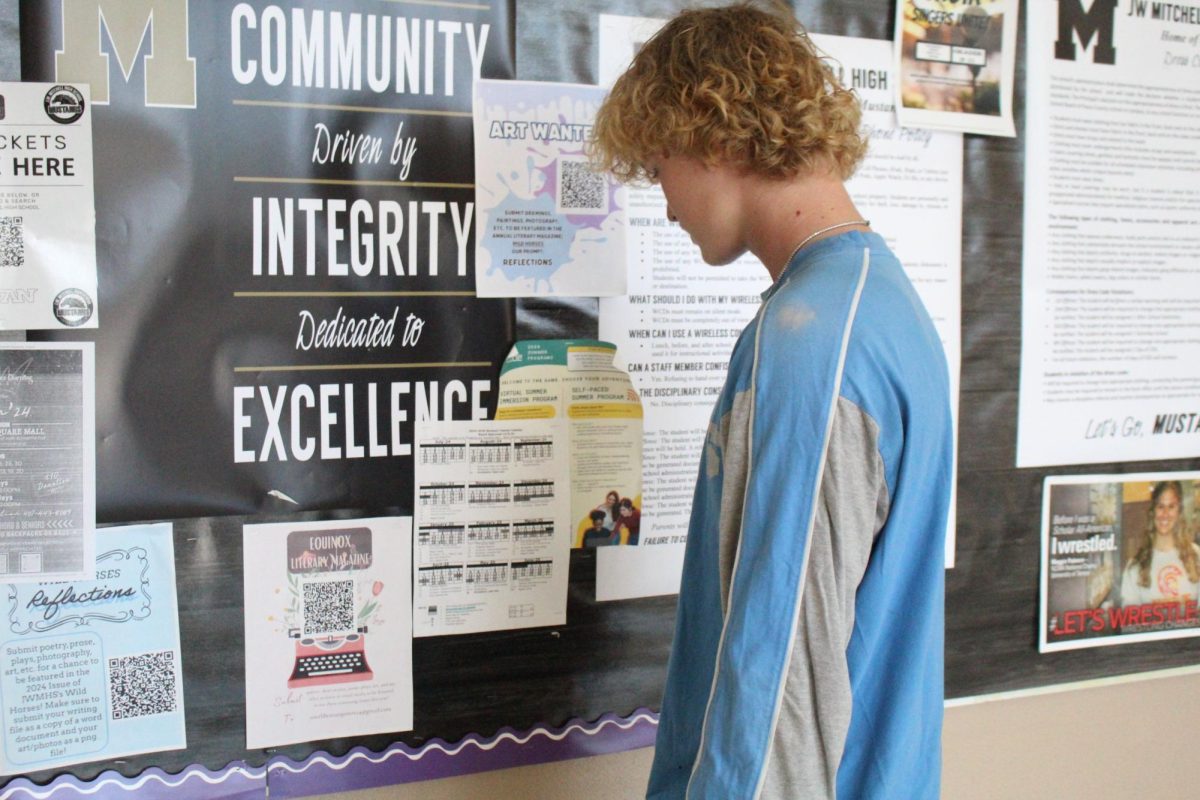

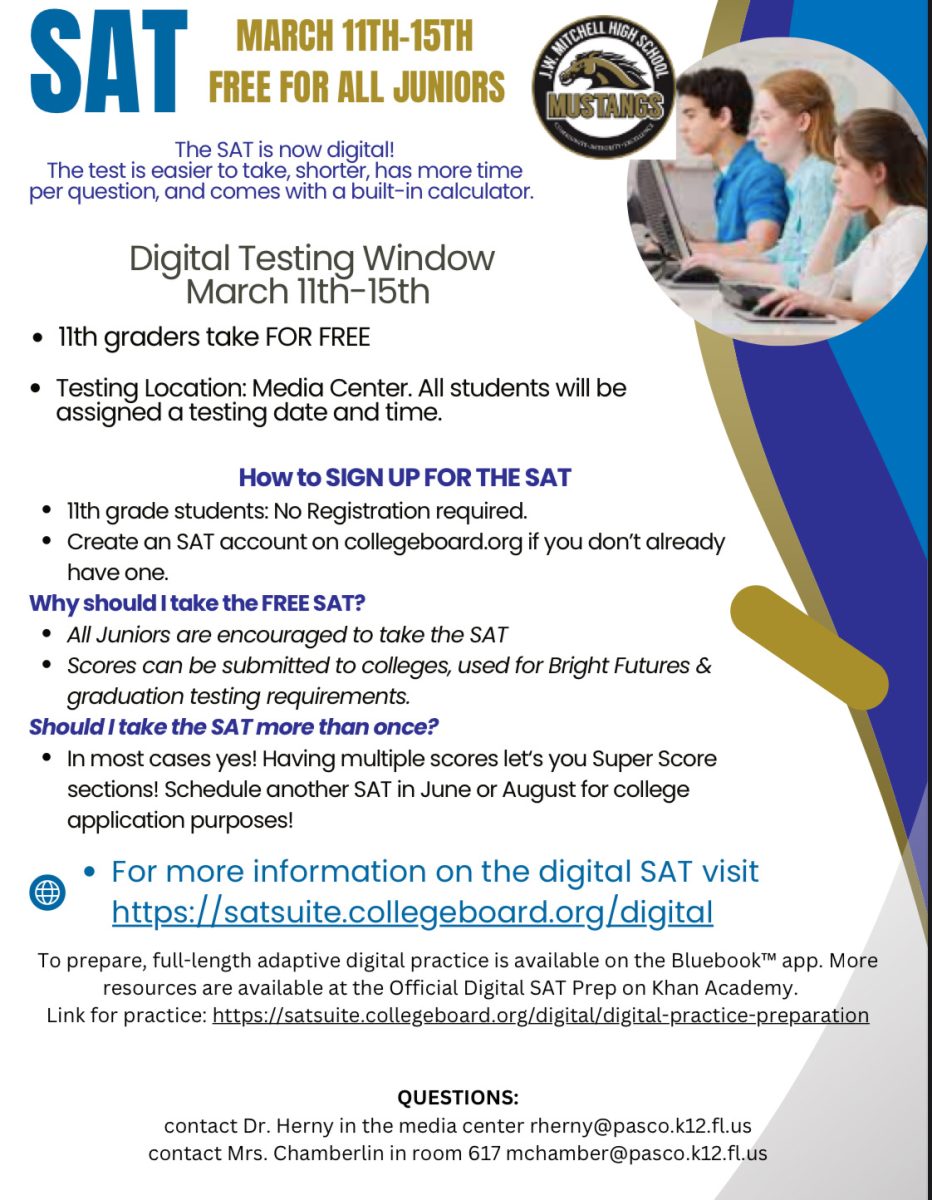
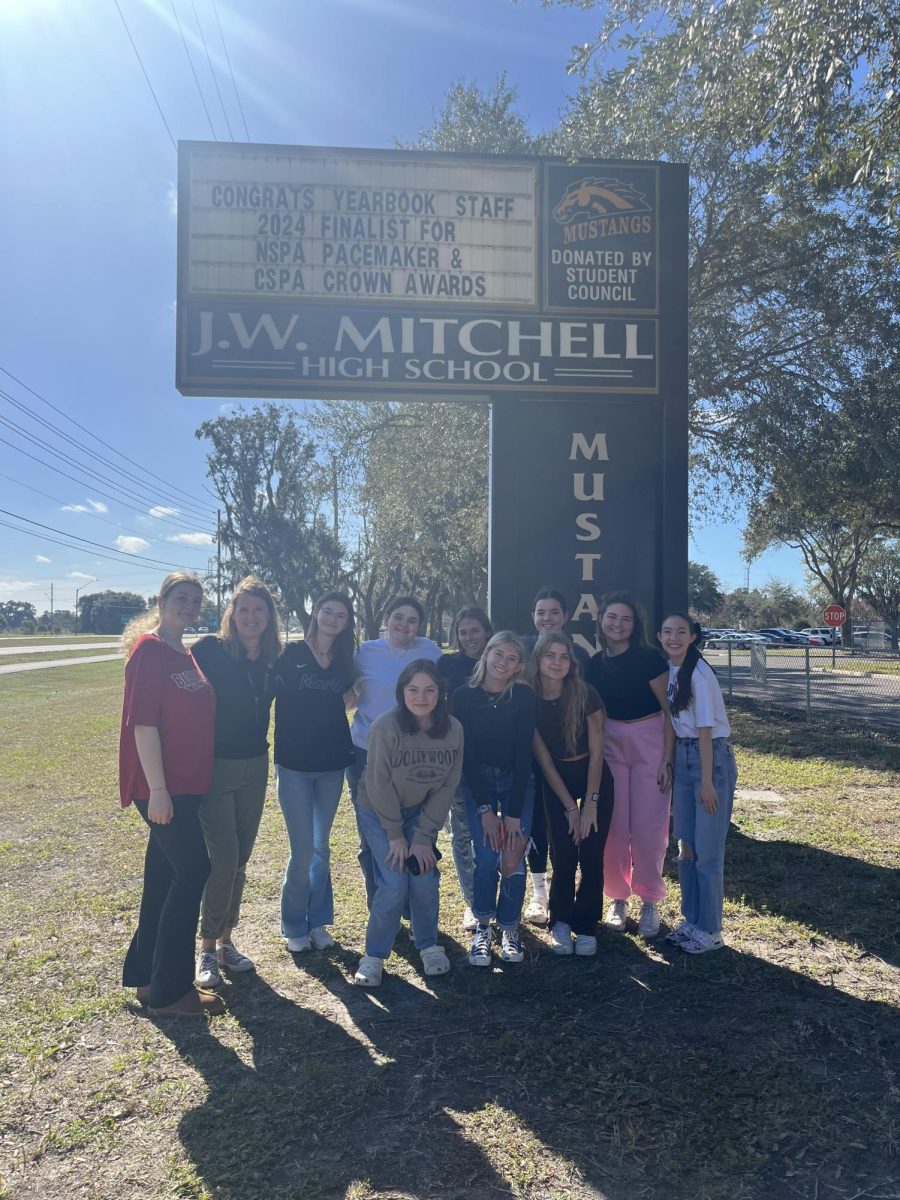
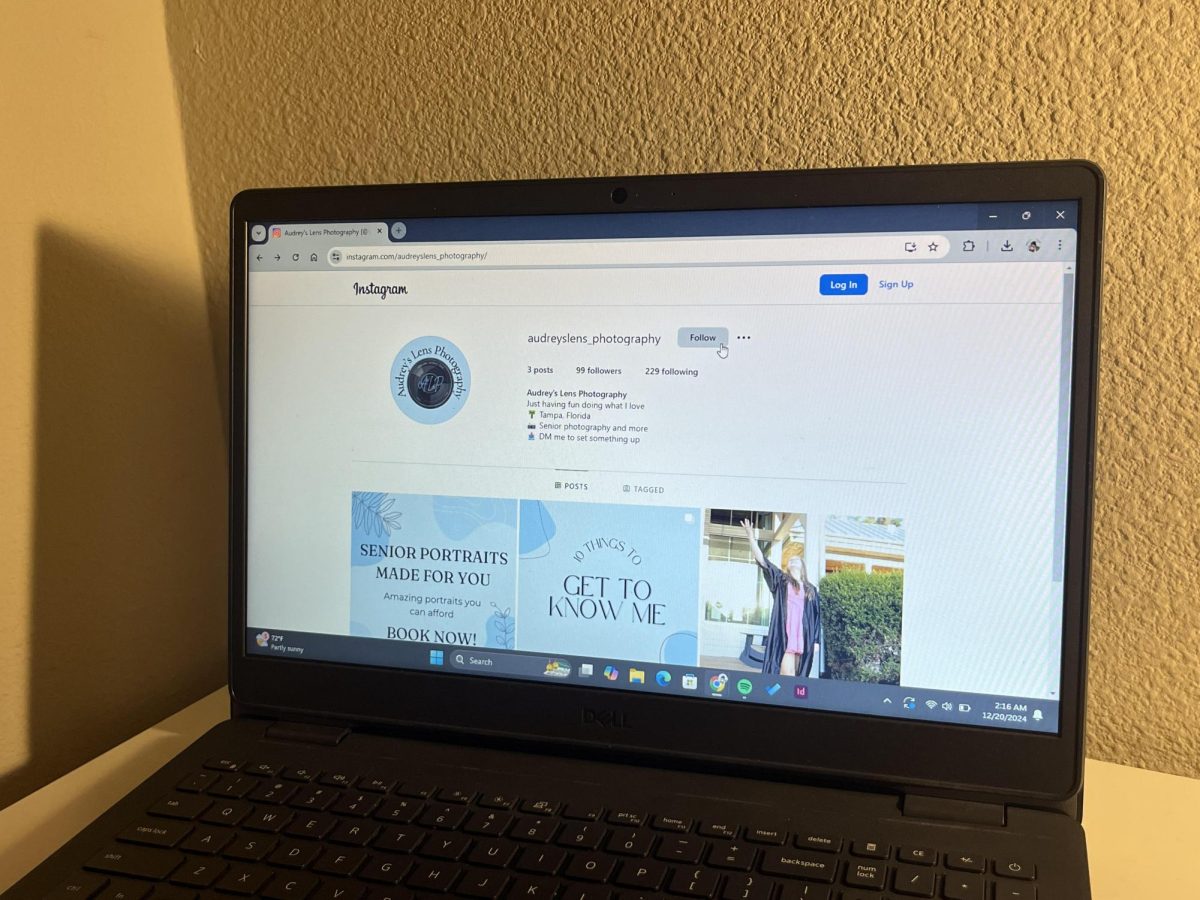
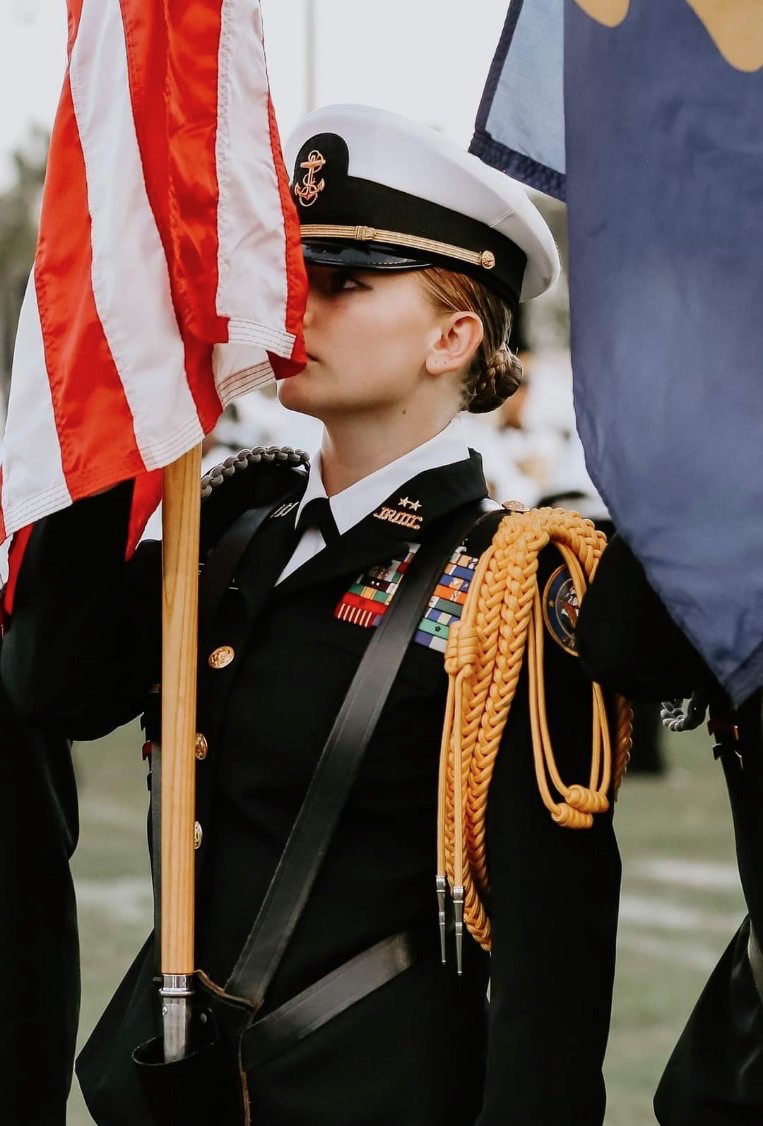
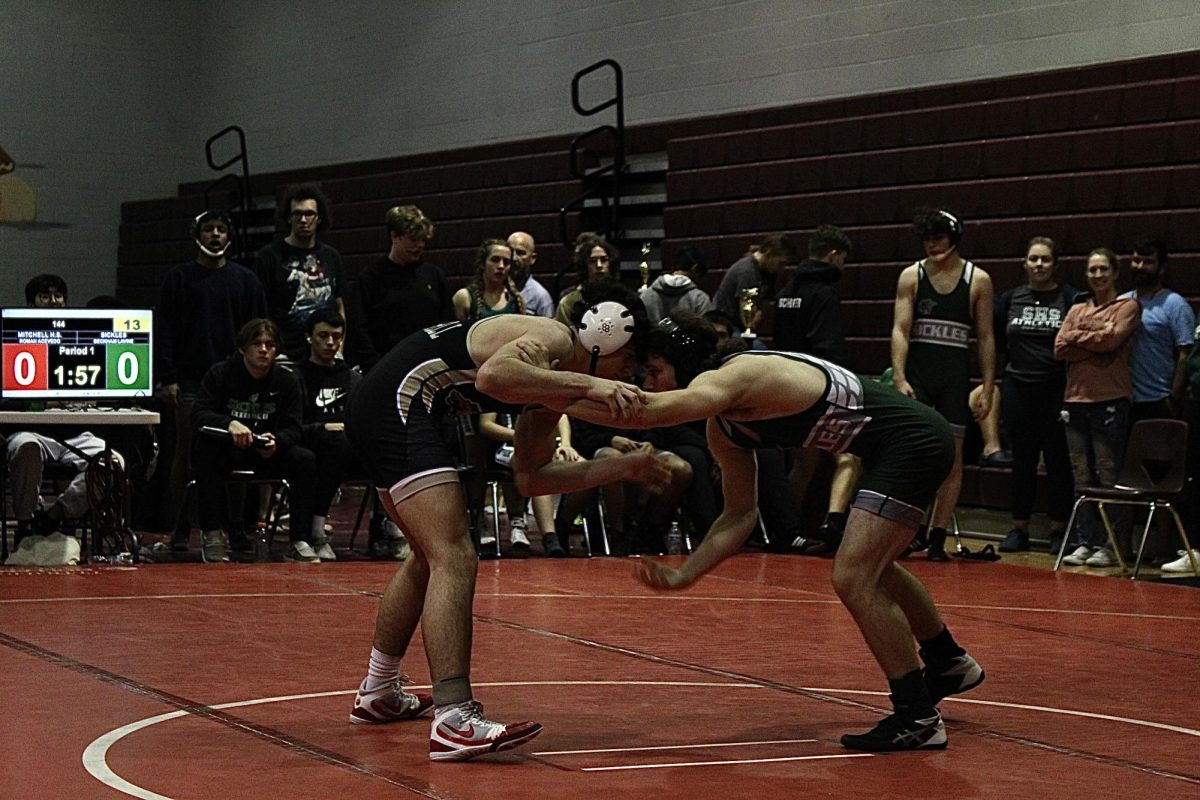
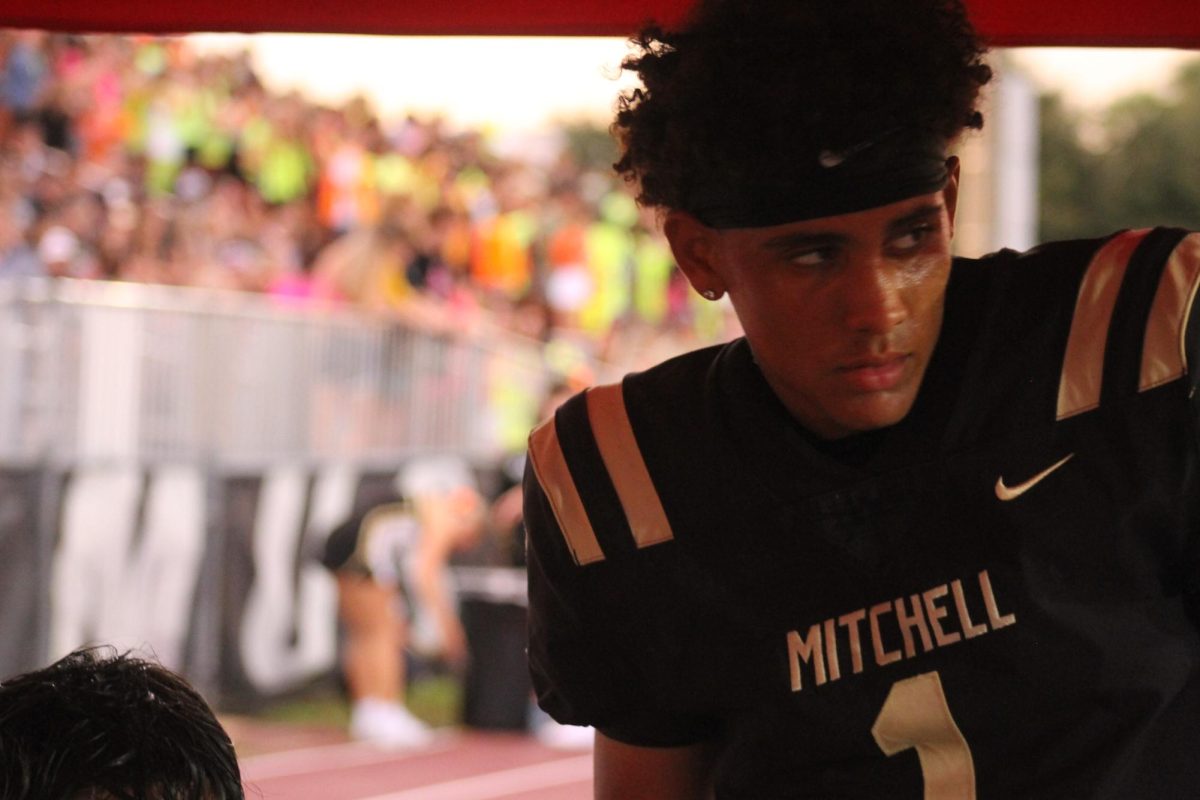
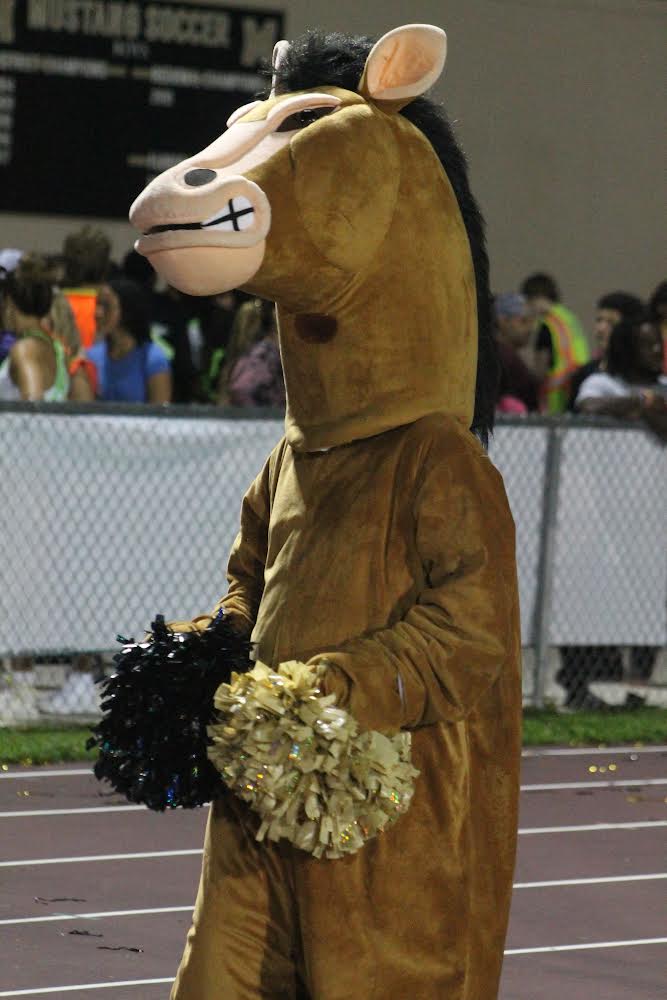
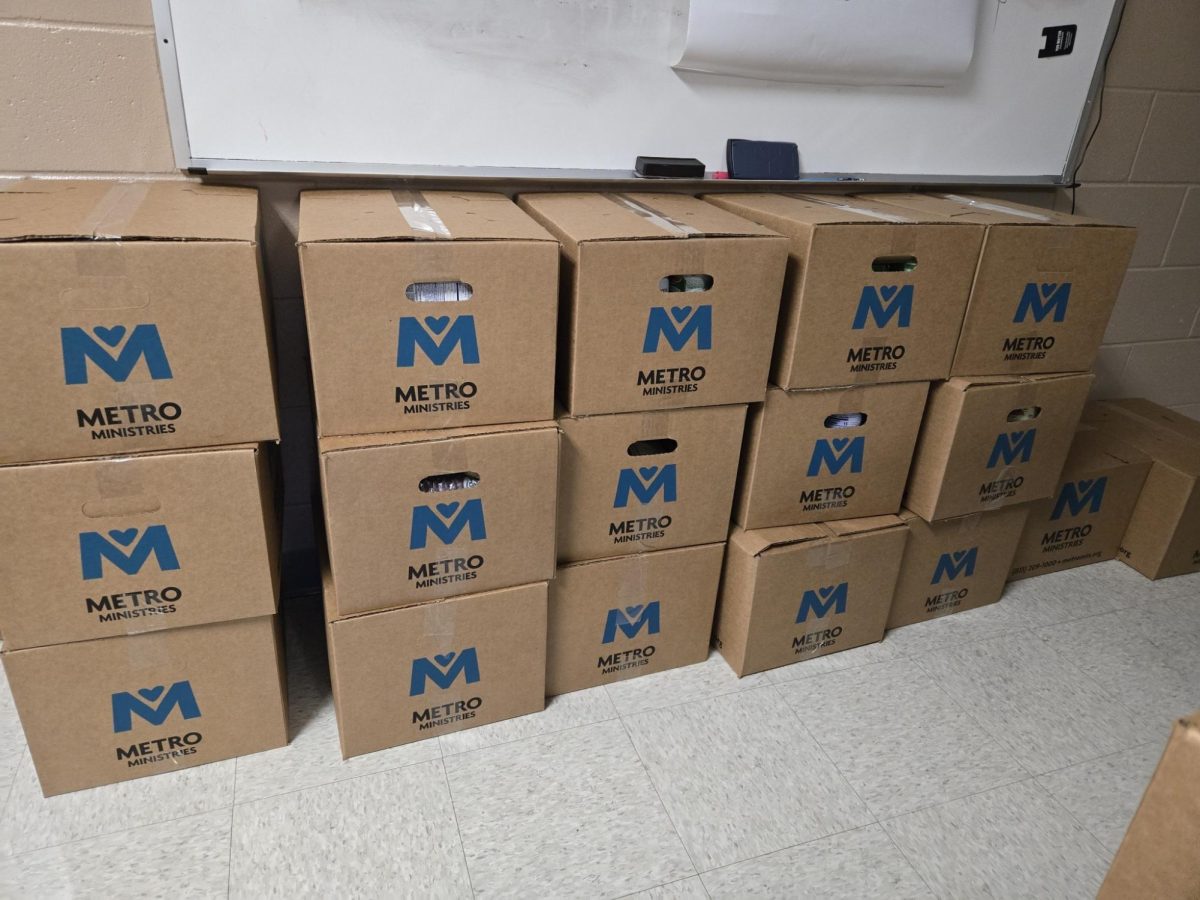
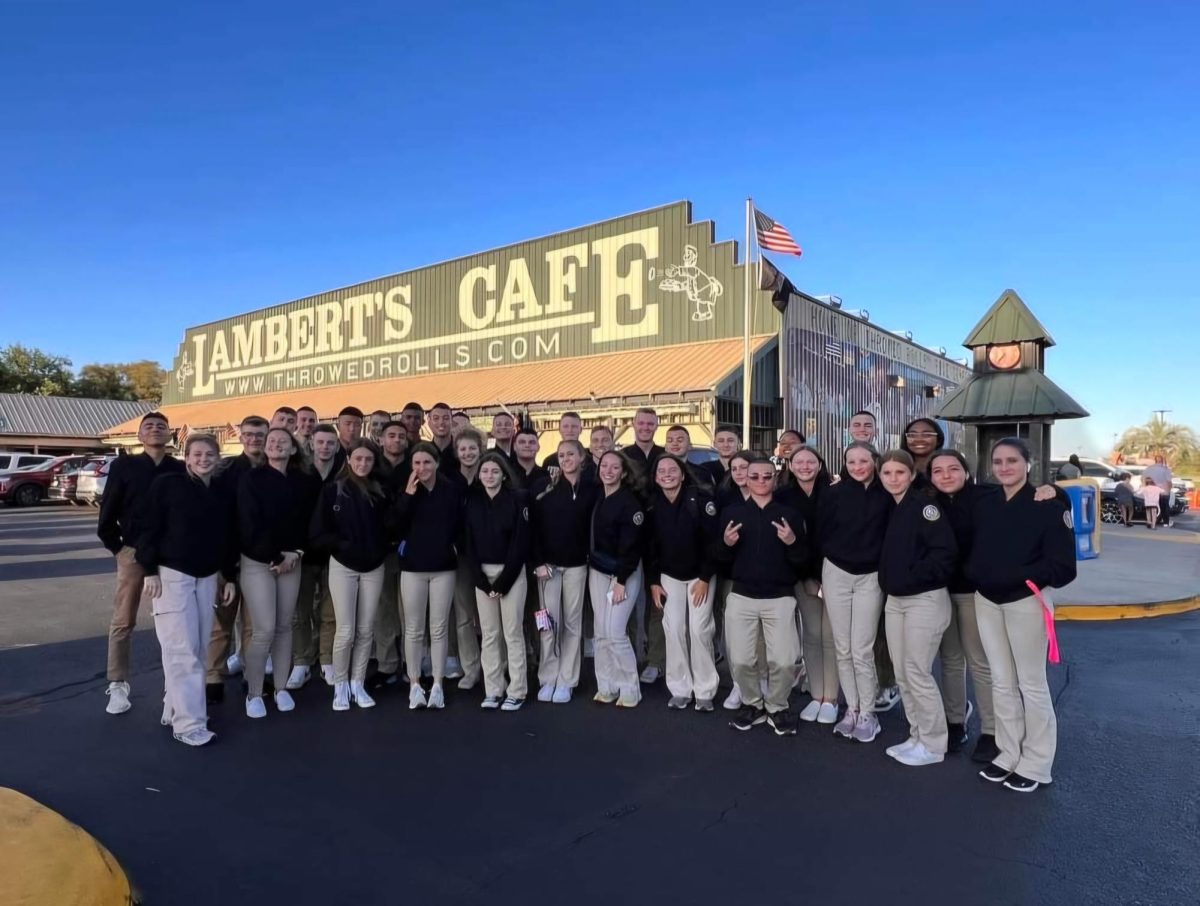
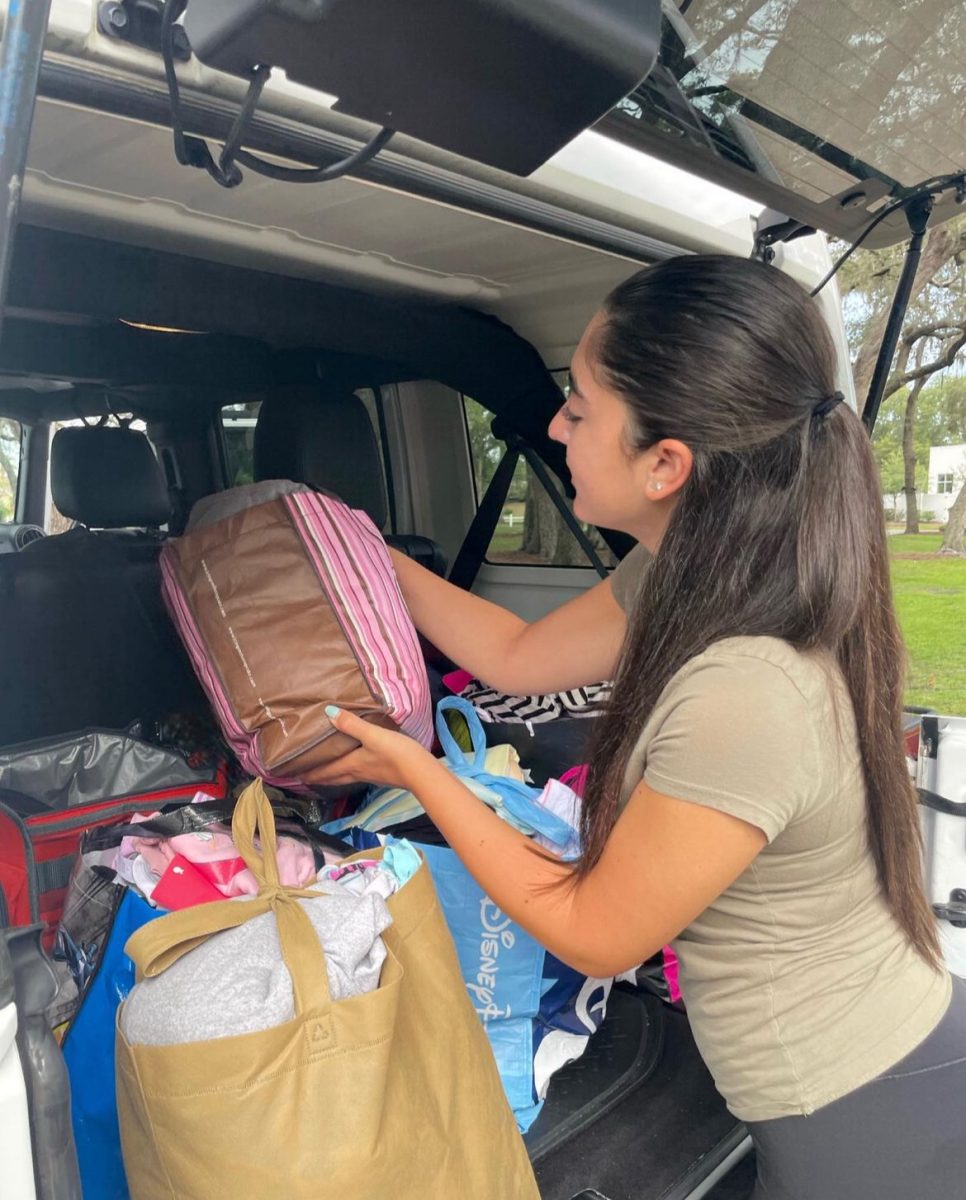

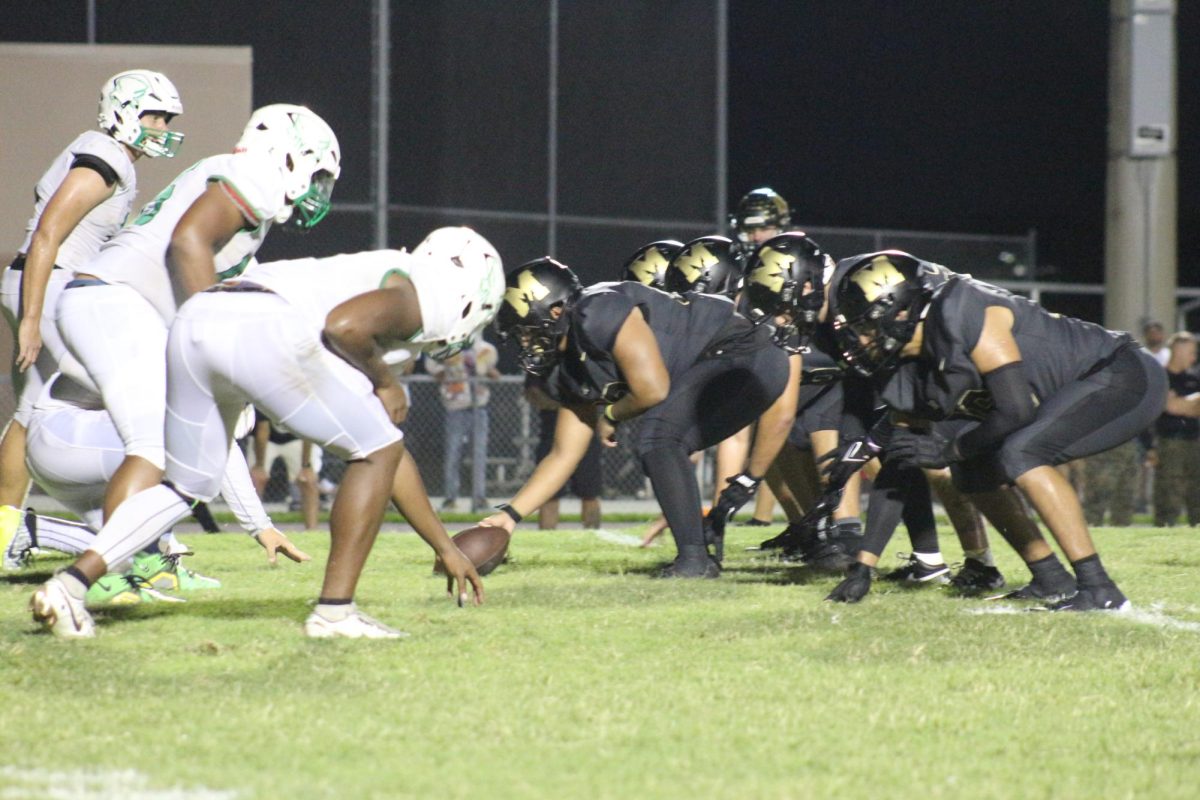

![Colin McRaven ('24) prepares to pitch the ball to an Anclote batter during the Varsity pre-season game."I like striking people out, since it's fun. The game against Anclote was pretty easy because they were less talented than our team and [I think] we were better than them in every aspect," Colin McRaven ('24) said.](https://jwmhshoofbeat.com/wp-content/uploads/2024/03/IMG_1538-1200x928.jpg)
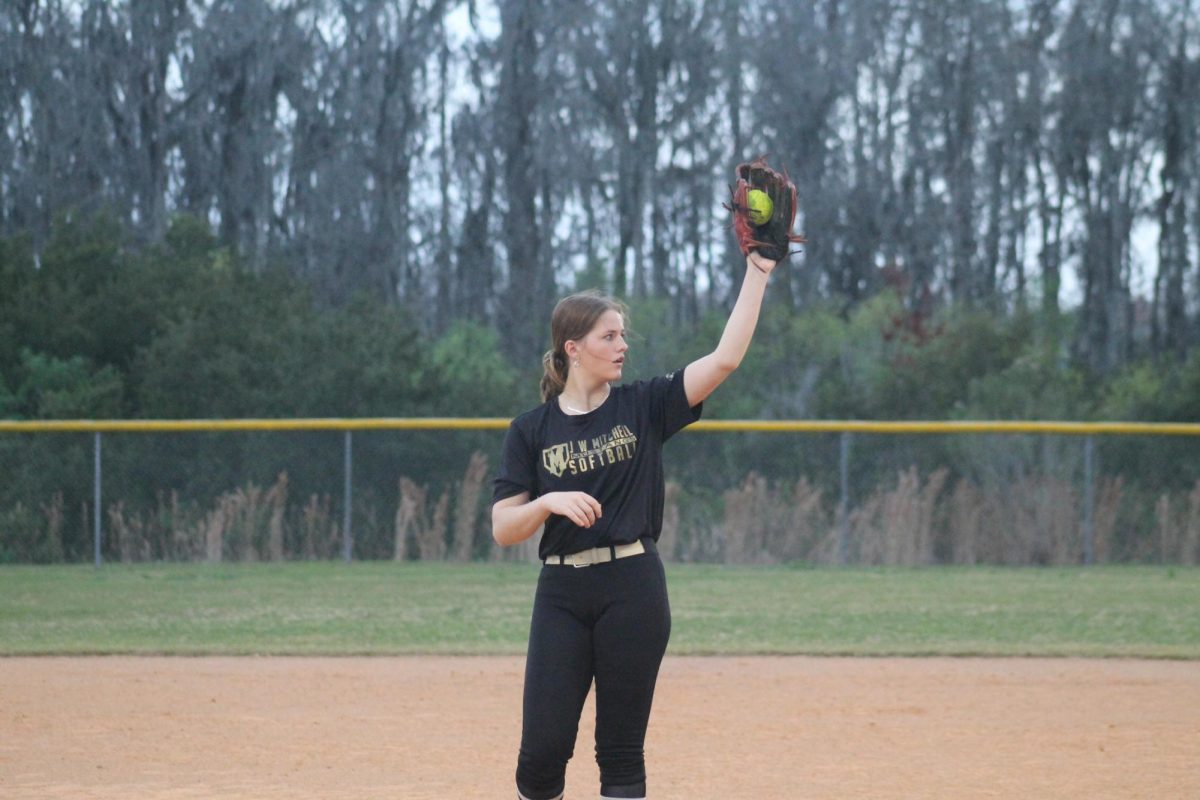
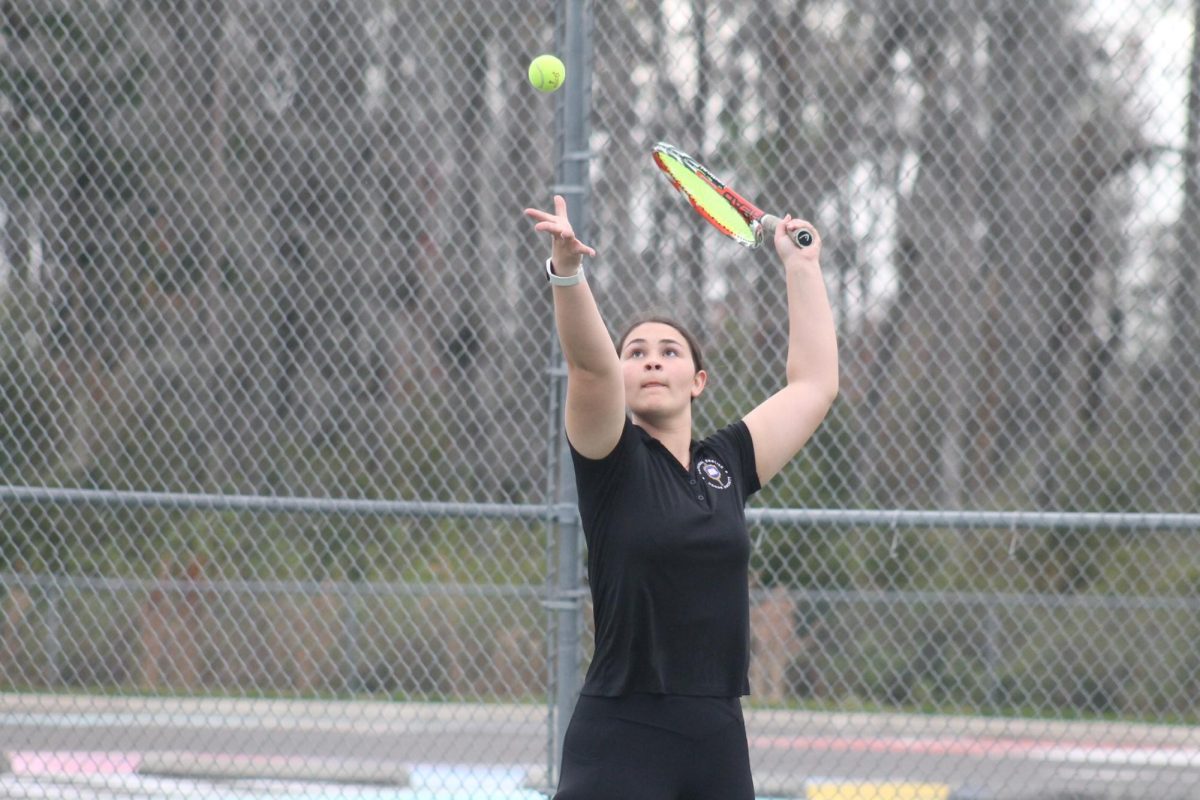


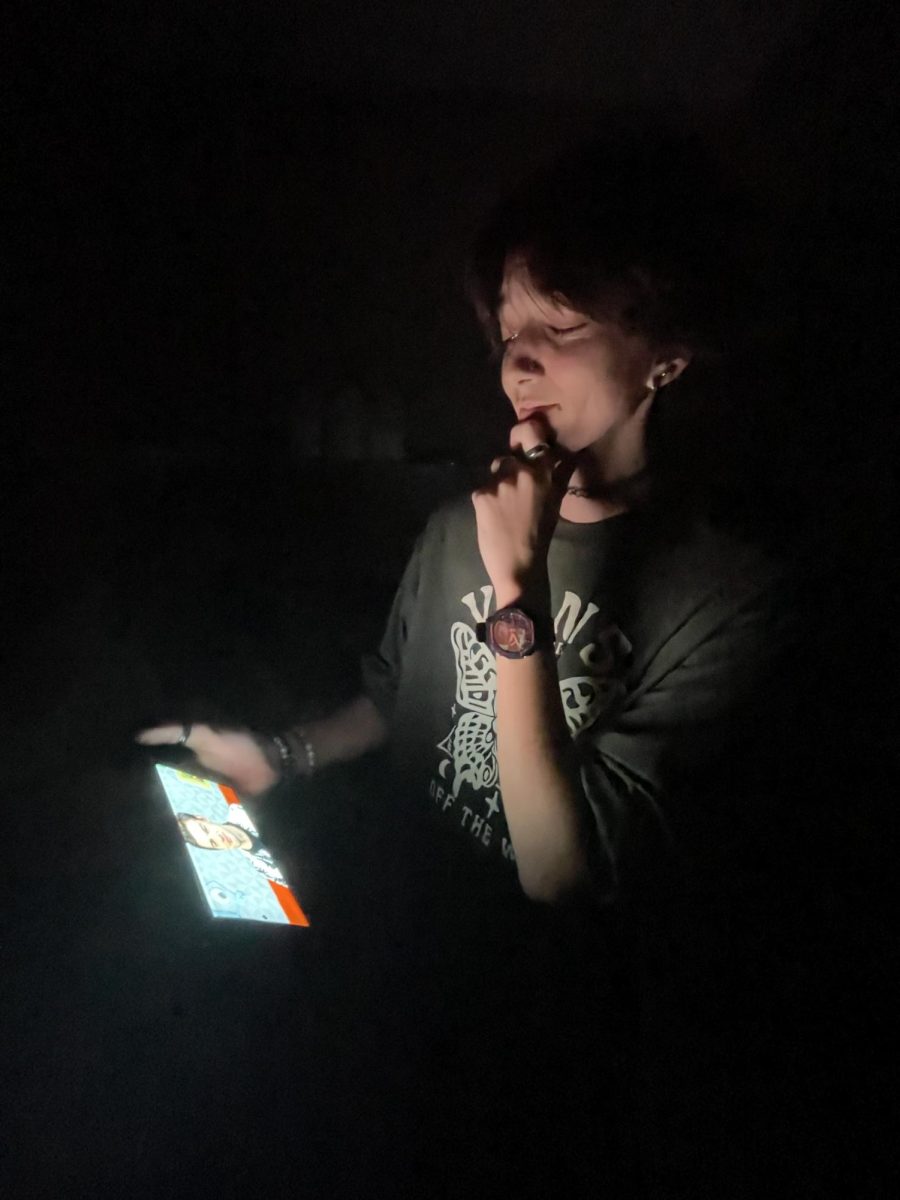


![Meryam Ghobrial’s (’27) Spotify Wrapped provided "genre" for the month of April. “Some other people got the same [AI generated] genre name for different artists of the same genre” Ghobrial said. Photo provided by Meryam Ghobrial.](https://jwmhshoofbeat.com/wp-content/uploads/2025/02/unnamed-555x1200.png)

